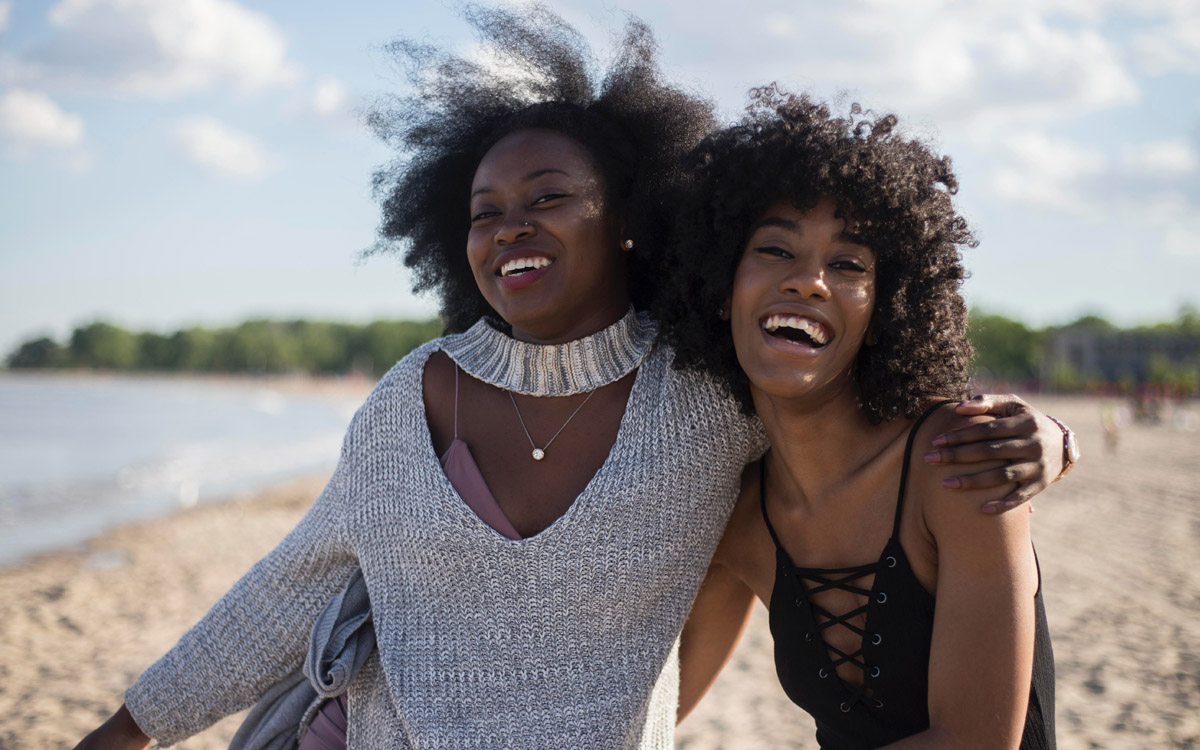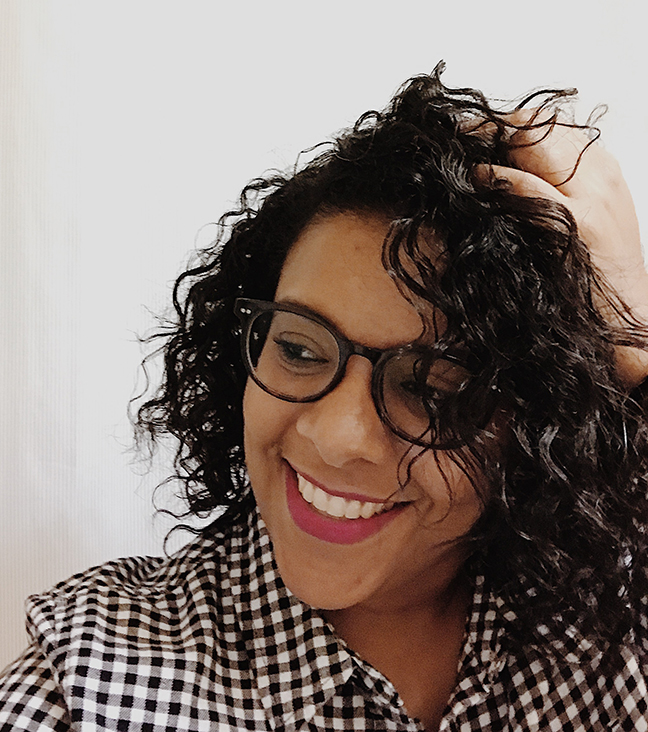I’m an introvert.
An INTJ to be exact, according to various Myers-Briggs type tests I’ve taken over the years. I’ve had friendships growing up but didn’t develop deep, meaningful relationships until I understood this core aspect of who I am.
Having friends both introverted and extroverted is important! However, I can tell you from experience that having friends who navigate social situations differently can often lead to misunderstandings and misconceptions that can hurt the relationship.
Thanks to the Meyers-Briggs type test, here are three things I’ve learned about my introverted nature that help me and my close friendships maintain a healthy balance.
Introverts Need Time to Recharge
My friends and I love going to the movies, having game nights, and eating at trendy new restaurants. I enjoy sharing those experiences with the people I love! But if I’m not careful, my calendar can be booked for months straight with a new activity every weekend, leaving me drained. Introverts need time to recharge. Susan Cain in her book Quiet: The Power of Introverts in A World That Can’t Stop Talking explains that the differences in introversion and extroversion are due to how we process stimulation neurologically. An introvert’s neurological system is stimulated much faster than an extrovert’s. A short but meaningful conversation or time spent alone can bring fulfillment to an introvert, while a crowded concert can quickly overstimulate and overwhelm them. Letting my friends know that I need time to recharge and spend time alone has helped them understand that I’m not pushing them away—I need that valuable “me-time.”
Introverts Need Quality and Meaningful Time Spent With Friends
My favorite memories spent with friends are always the simplest: a night of pizza and games or a quiet conversation over coffee. I don’t need an overly planned birthday party or an extravagant outing to feel close to my friends. It’s trust and intimacy that bring value to my friendships. While I value conversations surrounding my inner thoughts and feelings, not every interaction with friends is spent in deep conversation or debate. But because of those valuable interactions, I feel safe and trusted to be myself—both serious and silly, vulnerable and unguarded—within my circle of friends.
Introverts Need to be Challenged to Verbalize Their Feelings
This one puzzles most people (including introverts). On one hand, introverts can seem distant or reserved. On the other hand, they crave deep connections and authentic vulnerability with their friends. It wasn’t until I hit my thirties that I was truly able to form real, deep friendships. As an internal processor, I make sense of my emotions and thoughts in my head, leaving no space for me to open up with friends. Now that I verbalize these thoughts with friends rather than expect them to know what I’m thinking or feeling, our friendships have grown so much deeper. By being vulnerable and transparent with them, I’m able to show my commitment to the trust we share in each other.
Learning more about my introverted temperament has helped me understand where I fit and what I bring to each friendship. But it has also helped me better understand my extroverted friends and value what they bring into the friendship as well. They are the friends that gently push me out of my comfort zone to try new experiences, the ones that instinctively protect me from awkward small-talk chatter by starting conversation. We need each other, and I am forever grateful to have both extroverted and introverted friends in my circle.

 Brendy Garcia is a native Floridian with Caribbean roots. She enjoys talking about all things movies, pop culture, and female empowerment! Museums are her natural habitat and podcasts are her spirit animal.
Brendy Garcia is a native Floridian with Caribbean roots. She enjoys talking about all things movies, pop culture, and female empowerment! Museums are her natural habitat and podcasts are her spirit animal.